Russia ready to strike foreign subs, ships intruding into territorial waters: Military
A senior Russian military official has warned that the country is ready to open fire on foreign ships and submarines illegally entering the country’s territorial waters as tensions escalate between Moscow and the West over Ukraine.
Russia’s Interfax news agency cited Stanislav Gadzhimagomedov, deputy head of the main operational department of the General Staff of Russian Armed Forces, as raising the alarm on Monday, saying that such a decision would, however, be taken only at the "highest level” of the country’s military leadership.
The agency also quoted Gadzhimagomedov as saying that Russia was able to adequately counter the US fleet in the Black and Baltic Seas but did not have enough ships and plans to do so in the far east at the moment.
On Saturday, the Russian naval vessel chased away a US submarine in Russia’s territorial waters in the Pacific, with the United States denying it had carried out military operations in the area. The incident occurred amid escalation between Moscow and the US-led NATO military alliance over what the Western allies allege to be a looming Russian invasion of Ukraine.
Russia has repeatedly denied the US-led speculations about its plans to attack any country, insisting that the persisting Western publicity campaign about a potential “Russian threat” will only hamper diplomatic efforts to avert any further escalation of tensions and a potential conflict.
The US military has put 8,500 troops on heightened alert for deployment to Eastern Europe to bolster the NATO presence in the region.
The State Department has also approved shipments of US-made missiles and other weapons from NATO allies Lithuania, Latvia, and Estonia to Ukraine.
Ukraine’s NATO comments not viewed as official change in Kiev’s position
Separately on Monday, the Kremlin said Moscow did not view comments made by Ukraine’s envoy to the UK as signaling an official change in Kiev’s position on wanting to join NATO, but it would significantly help address Russia's security concerns if Ukraine did renounce its intention to become a member of the US-led military alliance.
Vadym Prystaiko suggested in a BBC interview a day earlier that Ukraine may give up its ambition of joining NATO in a bid to avert "war," adding that Kiev is willing to be "flexible" on the issue.
On being asked whether Kiev would be willing to forego plans to pursue membership of NATO, Prystaiko said the option is on the table. "We might - especially being threatened like that, blackmailed by that, and pushed to it," asserted Prystaiko, who served as Ukraine’s foreign minister until 2020.
Moscow has demanded security guarantees from the military alliance that they would not further expand eastward closer to Russian borders and reject Ukraine’s bid to join NATO.
The demands, however, have been snubbed by Washington and its European allies, who emphasize that the NATO membership will remain open to Ukraine.
German troops arrive to reinforce Baltics
Also on Monday, a German military aircraft carrying troop reinforcements landed in Lithuania, the first of several planned NATO deployments amid western-instigated fears of an alleged Russian invasion.
The A400M airplane carried around 70 soldiers of what is expected to grow to a 360-strong German deployment in the region.
The new deployments include reconnaissance and artillery troops and medics from units throughout Germany, as well as around 100 howitzer and other vehicles, with arrivals expected to continue throughout this week.
"It's a strong signal that Germany is willing and capable of reinforcing the battle group immediately as needed," Lieutenant Colonel Daniel Andrae, German commander of the NATO troops in Lithuania, told reporters.
"I am really happy to have the guys with me, and be ready for everything which (could) come up," Andrae said, adding that the soldiers will stay as long as they are needed.
As part of shuttle diplomacy to reduce tensions, German Chancellor Olaf Scholz is due to arrive in Kiev on Monday to meet Ukrainian President Volodymyr Zelenskiy, and on Tuesday, he will fly to Moscow to see Russian President Vladimir Putin.
The anti-Russia sentiment instigated by the Western governments comes as Moscow on multiple occasions has rejected the US claims of a Russian invasion.
The Ukrainian president has repeatedly criticized the Western states for stoking tensions and called on them to avoid creating "panic" in the face of the Russian troop buildup on the country’s border. Zelensky has underlined that the panic-triggering alerts are placing a heavy burden on his country's economy.
South Korean civic leaders demand peace with North
VIDEO | Iran foreign-backed terrorist attacks: Italian diplomats decry US-Israel interference
VIDEO | Israel demolishes UNRWA structures in East al-Quds
VIDEO | Press TV's news headlines
VIDEO | 100+ days of ceasefire: Israeli killing of Palestinians continue amid Intl. silence and impunity
VIDEO | EU split over new Iran sanctions amid claims of double standards
VIDEO | Gaza’s silent plague: Mysterious virus claims lives amidst total medical collapse
VIDEO | Growing transatlantic rift


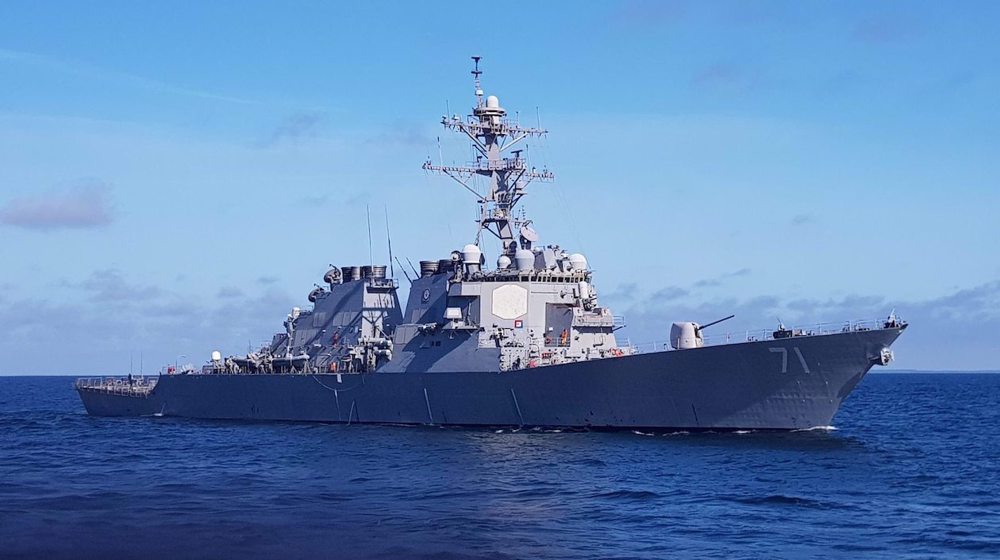
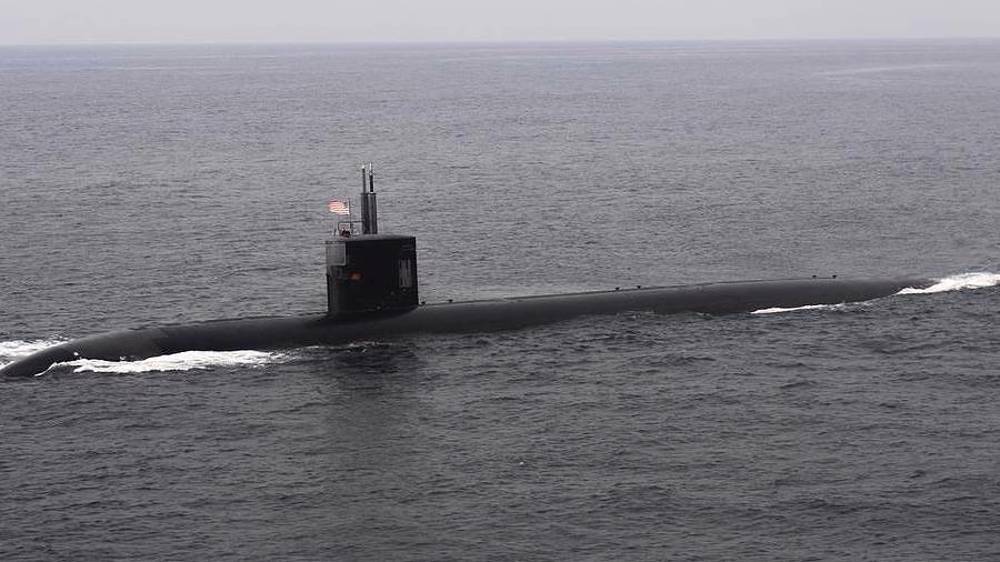
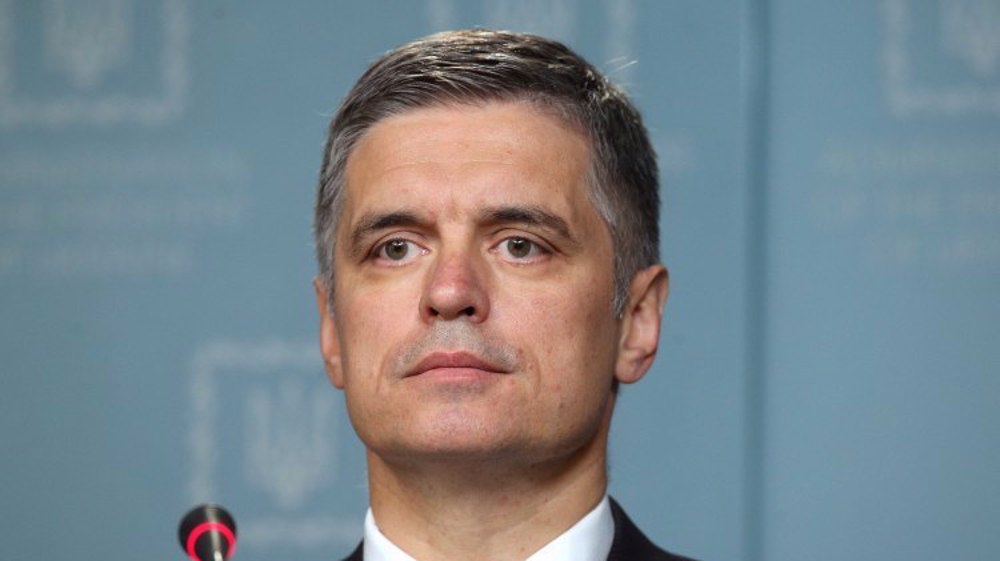
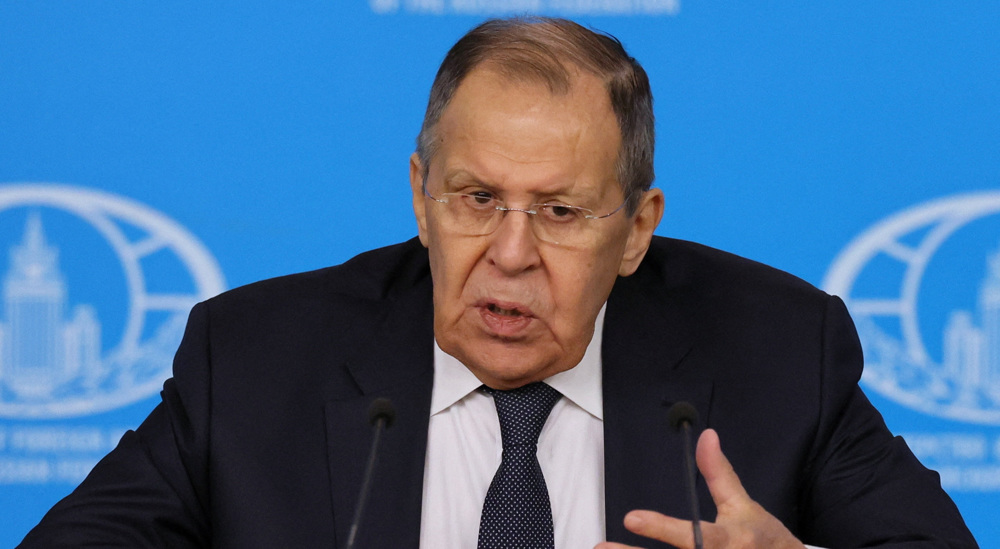
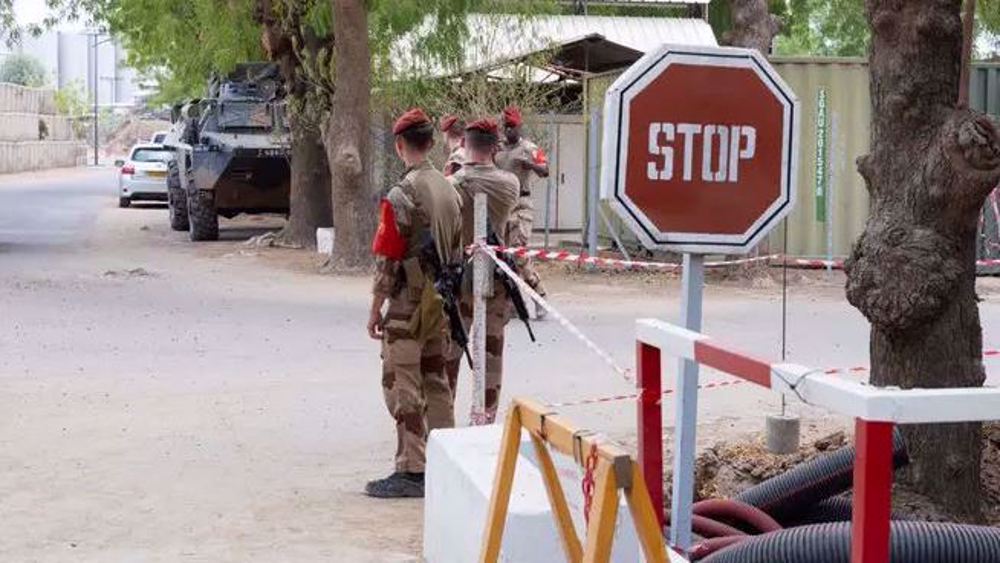
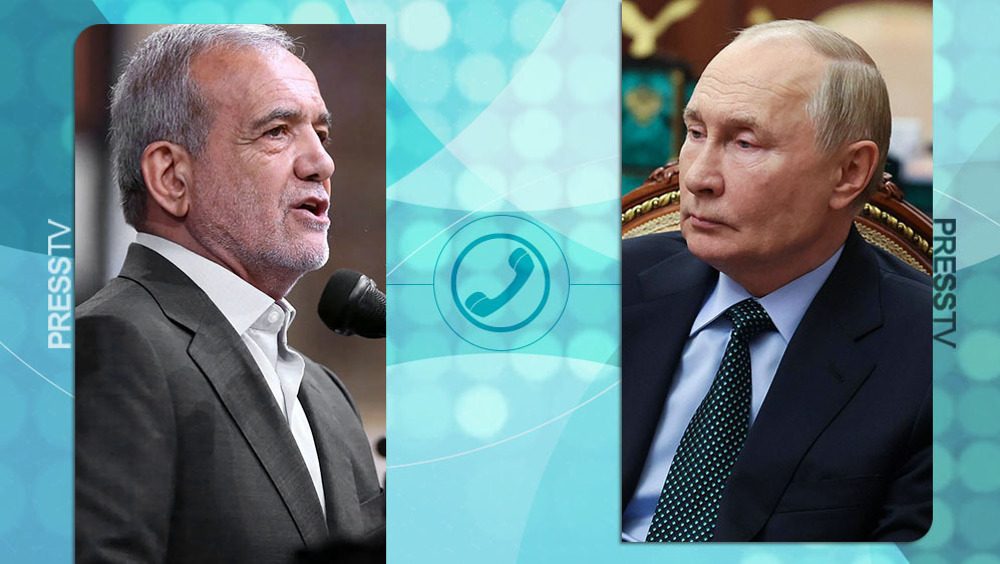




 This makes it easy to access the Press TV website
This makes it easy to access the Press TV website